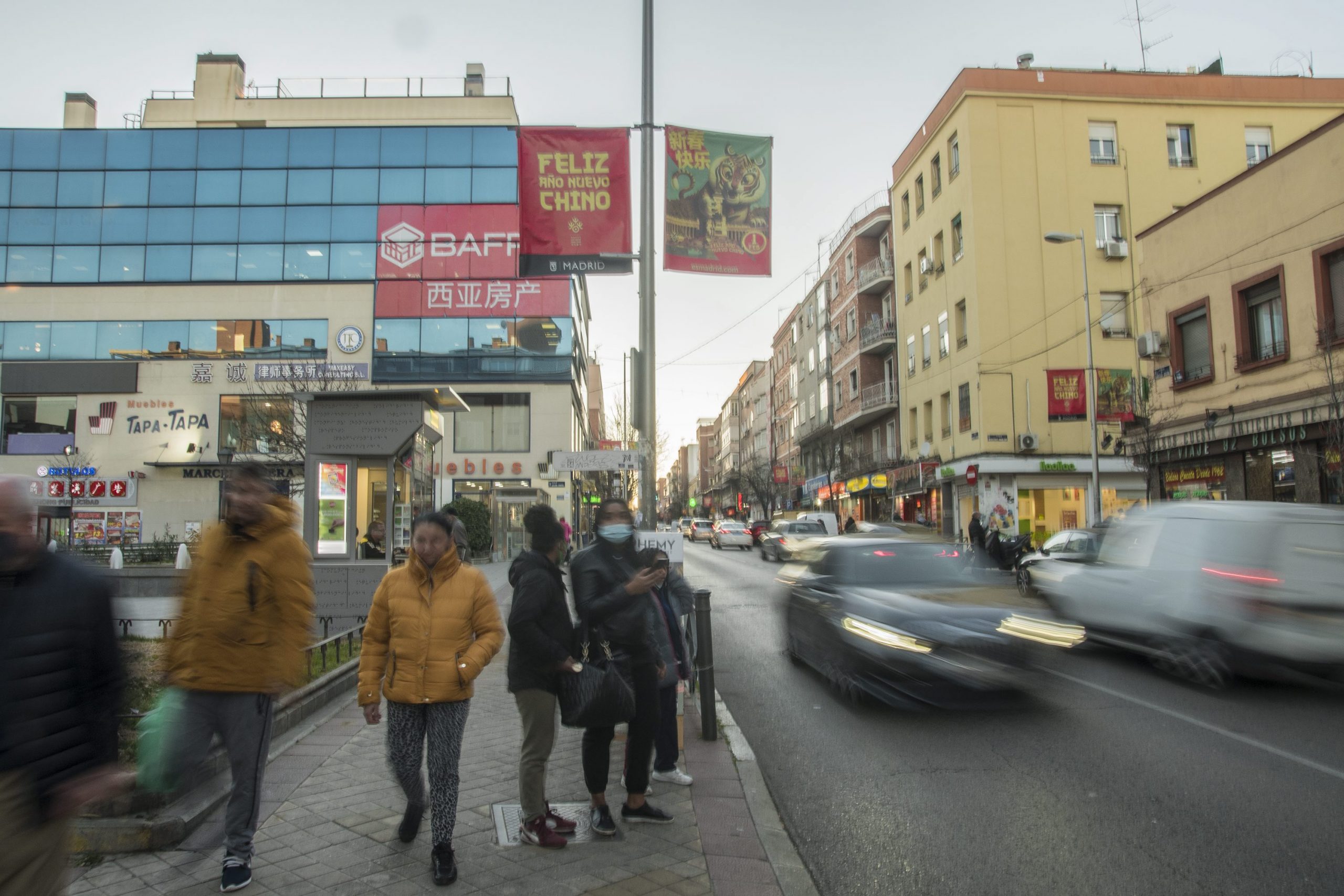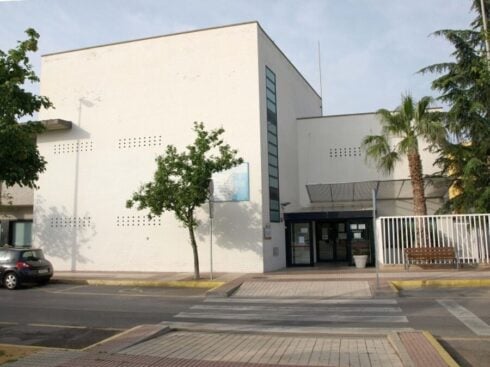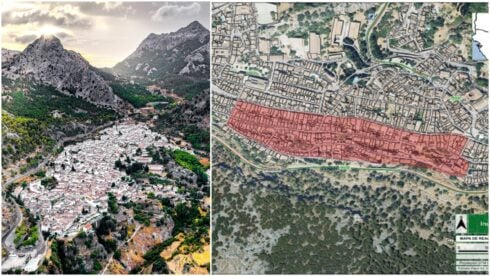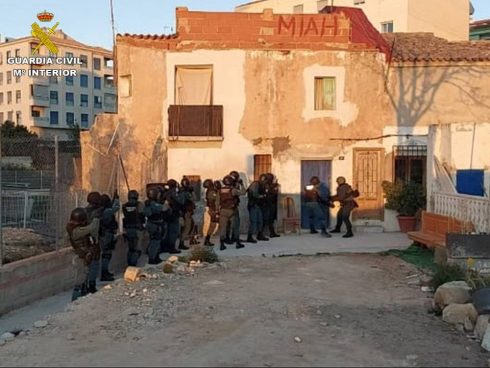THE Chinese Lunar New Year ushers in power and rebellion with the Year of the Tiger, but the celebration in Madrid’s Chinatown in the southern district of Usera is a mere shadow of its former self.
There are reams of Chinese lanterns in this neighbourhood where 20% of the population is Chinese, yet no giant dragons or Chinese artists weaving their magic beneath them.
For the second year running, the festivities have largely migrated online. It may be business as usual for the Spanish whose devotion to cañas and tapas ensures pavement cafés do a roaring trade across the rest of the capital, but the Chinese community is exercising extreme caution against the supposedly milder Omicron variant of the coronavirus.
“Usually at new year, we have big family gatherings but we won’t be doing that this year either,” Dr Yale Tung-Chen, an Internal Medicine specialist at Madrid’s Puerta de Hierro University hospital tells the Olive Press. “I can’t remember when I last had dinner with friends.”
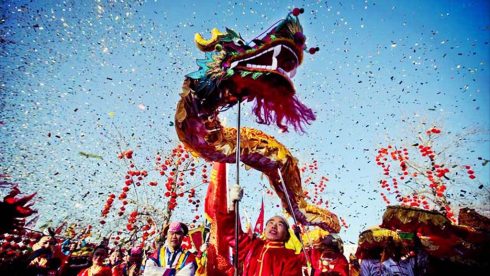
Referring to the subdued version of the event which culminates in an off-line race down Madrid’s main drag, the Castellana, on February 13, Dr Chen adds, “It is a shame. The New Year is a chance for us to open up to Spanish society.”
New Year in Usera is usually an extravagant affair, celebrating a 5,000-year-old culture staged by a diaspora generally known for its mild manners and tendency to stand apart from mainstream society.
But while the pandemic has muted the New Year spectacle, it has fuelled a different sort of engagement with Spanish society, driven by second and third generation Chinese who jokingly call themselves Chiñoles and who are mobilising against the thoughtless stereotyping and racial slurs that have been coming their way for years.
“The pandemic isn’t the first time a piece of news has had negative repercussions on the Chinese community,” Joaquín Beltrán, an Asian oriental studies professor at Barcelona University tells the Olive Press.
A specialist in Chinese culture, Beltrán cites the case of Operation Emperor in 2012, when Gao Ping, a friend of Spain’s former monarch King Juan Carlos, was arrested along with more than 80 others on money laundering charges.
“There followed a massive smear campaign spreading the idea that all the Chinese were mafiosos laundering money,” says Beltrán. “At that time there was a reaction from the Chinese Embassy in Spain and the business lobbies. The difference with the Covid smear is that the reaction has also come from second and third generation Chinese who are graduates and professionals and anti-racism activists. This movement is new.”
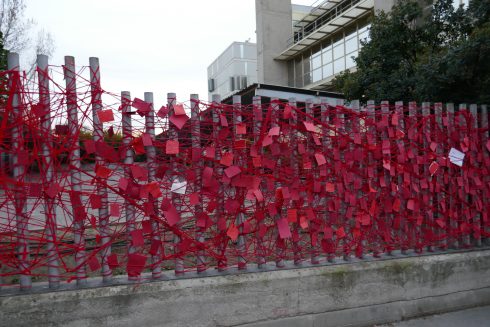
With the first stirrings of resistance triggered by the BBVA scandal, when the bank blocked innumerable Chinese bank accounts, the movement was quick to respond to the hostility sparked by the pandemic, which, according to lawyer and activist Antonio Liu Yang, had people crossing to the other side of the street – “One guy shouted ‘Chino!’ at a friend of mine and ran off,” he recalls.
No matter that the Chinese community is far more rigorous than the average Spaniard when it comes to vaccination and restrictions, with some even making their way back to China to be jabbed before the vaccine program was rolled out in Spain, according Dr Chen.
That the virus originated in Wuhan, almost 800 kilometres from Qingtian in Zhejiang, the province where many first generation Chinese in Spain emigrated from, didn’t help.
Of course, there have always been dodgy jokes about the Chinese diet and a video of Chinese influencer Wang Mengyun, the host of an online travel show, tucking into what looked like an entire bat at the start of the pandemic didn’t help matters.
In fact, Wang was sampling bat in Palau, a Pacific island nation about as far from China as Australia.
But the slurs persist. In an echo of the former US president Donald Trump, a recent tweet by ultra-right-wing Twitter maverick Alvise Perez who is credited with influencing the result of Madrid’s regional elections last May to give Isabel Díaz Ayuso a landslide victory, bemoans the fact that we are discouraged from using the term, China virus.
Listing names given (presumably by the left) to the PP (Francoists), Vox (Nazis), bullfighters (murderers), priests (paedophiles) and so on, Alvise writes, Coronavirus: don’t call it the China virus even though it comes from China as it might offend.
It is called political agenda, claims the man behind the macabre video of Spanish prime minister Pedro Sanchez surrounded by corpses during the pandemic.
First generation Chinese lack the tools to combat such outrages. For a start, they often don’t have the language. But their descendants, the Chiñoles, do.
Lawyer Antonio Liu Yang, whose J.E.D.I organisation focuses on inclusion, was among those that kicked back against the stigmatisation linked to the pandemic with the #Nosoyunvirus campaign.
“There was a wave of hate coming our way,” he tells The Olive Press. “Chinese activism up to the point had lacked unity, but at that point we all pulled together. At a dinner, about 40 of us decided to take a picture of ourselves with a #yonosoyunvirus sign and post it on social media. “My picture was picked up by the press so it became the most recognisable. And it worked, at least for those who wanted to believe it.”
The movement also includes influencers such as musician Putochinomaricon – which translates as ‘fucking Chinese queer’ – who became so used to this insult as he went about his business that he adopted it as his moniker. His real name is Chenta Tsai.
Another making a stand while carving a niche in mainstream Spanish society is cartoonist Quan Zhou.
Yet another, poet Paloma Chen. While once these Chiñoles may have believed activism required too much exposure – “For a long time, I didn’t feel I could expose myself like that,” says Liu Yang – the pandemic has propelled them into the fray.
Who needs dragons on the streets at New Year when a whole generation is breathing fire?
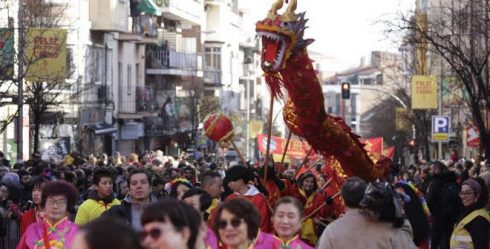
READ MORE:
- Valencia tourism board launches campaign to attract Chinese visitors
- Chinese shops open in Madrid for the first time since the COVID-19 lockdown
Click here to read more News from The Olive Press.

